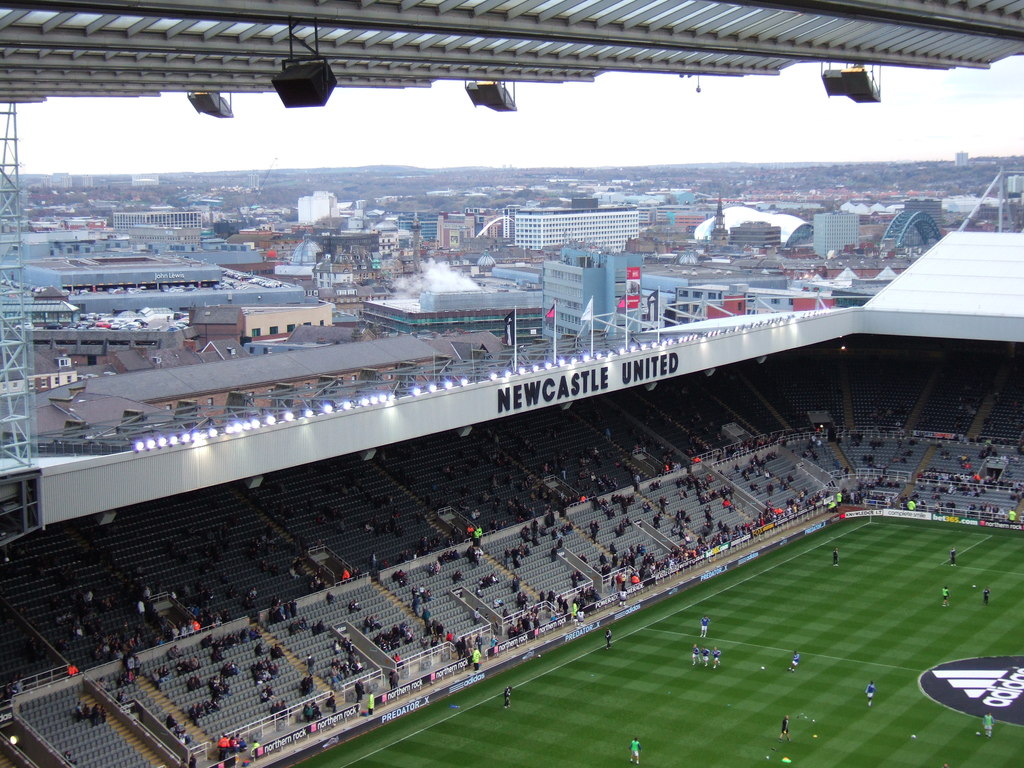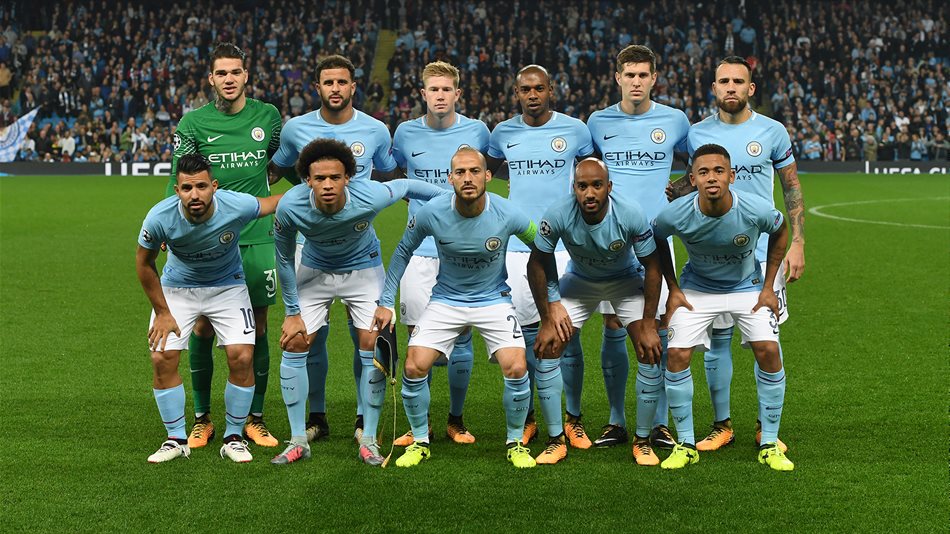Money Talks as Saudi Newcastle Takeover Finally Reaches Completion

Image: Richard Humphrey via geograph.
Rob Worthington discusses the ramifications of Newcastle United’s new Saudi investors on the Premier League and football as a whole.
Relief envelops Newcastle as Mike Ashley’s torrid reign as owner of the city’s football club has finally reached its conclusion. In comes the super-rich.
Amanda Staveley, the face of the takeover and a prominent British Businesswoman, purchases 10% of the club. As do the Reuben Brothers, who are notable leaders of the private equity market in Newcastle. Staveley is reportedly worth £110 million, while David and Simon Reuben post a combined net worth of £16 billion.
However, the buyer on the name of everyone’s lips is the one who has purchased the remaining 80%. Joining Staveley and the Reuben Brothers in the Consortium is the Public Investment Fund (PIF), the largest investment fund on the planet and the sovereign wealth fund of Saudi Arabia. PIF’s links to the Saudi government has caused considerable concern.
Of course, this isn’t the first time the Saudi-led Consortium have attempted to buy Newcastle. In April 2020, Mike Ashley agreed to sell the club to the now-owners for the same £300 million price he finally sold it last week. Nevertheless, the first bid was knocked back by the Premier League for various reasons.
Staveley, the Reuben Brothers and PIF failed the Premier League Owners’ and Directors’ tests the first time round due to two key factors. Firstly, the Premier League (PL) were concerned Newcastle would be led by a sovereign state (Saudi Arabia). And arguably more concerning for the PL were piracy issues, and illegal streaming of PL football matches in Saudi Arabia.
These issues have been nullified by the Consortium. They have strived successfully to distinguish the separation between PIF and the Saudi government as entities despite their close links. Meanwhile, Qatar-based PL broadcaster beIN Sports has reached a rapprochement with Saudi Arabia, and the pirate site accused of thieving beIN’s property, beoutQ, has been turned off by the Saudi government.
So, all good, right? After years of underfunding, Newcastle fans finally have a set of owners committed to bringing football success back to the northeast of England amid their quite unbelievable combined wealth of north of over £300 billion. Well, no, not really.
Money has officially done the talking. PIF’s links to Saudi Arabia simply cannot be overlooked, and therefore neither can the state’s abhorrent human rights record. The Saudi government follows an ultra-conservative form of Islam called Wahhabism, restricting freedom of speech and equality. The state is particularly discriminatory towards women.
And that’s not all. Saudi Arabia also routinely executes more people than any other country in the world. In 2019 alone, 184 people were executed, many of whom were children. The Saudis know about their bad public image.
And that’s why, behind the façade of the PIF, they’re in Newcastle. Both Qatar and Abu Dhabi have created images of affluence and generosity by pouring millions into PSG and Manchester City, respectively. They’ve increased their popularity amid their similarly shady backgrounds.

Image: Football.ua via Wikimedia Commons.
The Newcastle fans are understandably buoyant. After witnessing the success fellow Middle Eastern state Abu Dhabi has brought to Manchester City since Sheikh Mansour’s 2008 acquisition, the Toon Army can’t be blamed for dreaming big.
That said, the question must be begged, is this really what we want football to be today? Simply a game which only the rich can win regardless of where their money comes from?
Granted, the mega-rich Big Six have dominated the PL in recent years due to their economic power. Chelsea and Man City’s 21st-century success can be almost solely attributed to their hugely affluent owners. Still, this isn’t something anyone likes very much.
Examples of clubs growing organically are growing rarer by the year. Leicester City is the most vivid anomaly, a club who notoriously use their limited resources wisely. Yet, others who’ve broken into the upper echelons of the PL, such as West Ham, Wolves and Sheffield United, haven’t been able to maintain any consistency, usually gazumped by a club with more financial weaponry at their disposal.
No one can stop the mega-rich from buying Premier League clubs. After all, they are hugely attractive assets. Not only do they provide opportunities to make money for owners, but they’re also some of the best advertising boards known to man. Owning a Premier League club is a huge privilege.
Off the back of the acquisition of Newcastle by the Public Investment Fund led Consortium, we must ask whether this privilege should be relatively so straightforward to attain. No one purchases a PL football club in the modern age for the love of the game, and thus success is becoming inextricably linked to money. Money of which owners and the Premier League will never stop wanting.
Congratulations to the Newcastle fans. Their years of pain are finally over. Major, major success is on the horizon. However, the aura of certainty which surrounds this notion epitomises everything that is wrong with modern football. When money talks, everyone at the top of ‘beautiful game’ shuts up.


